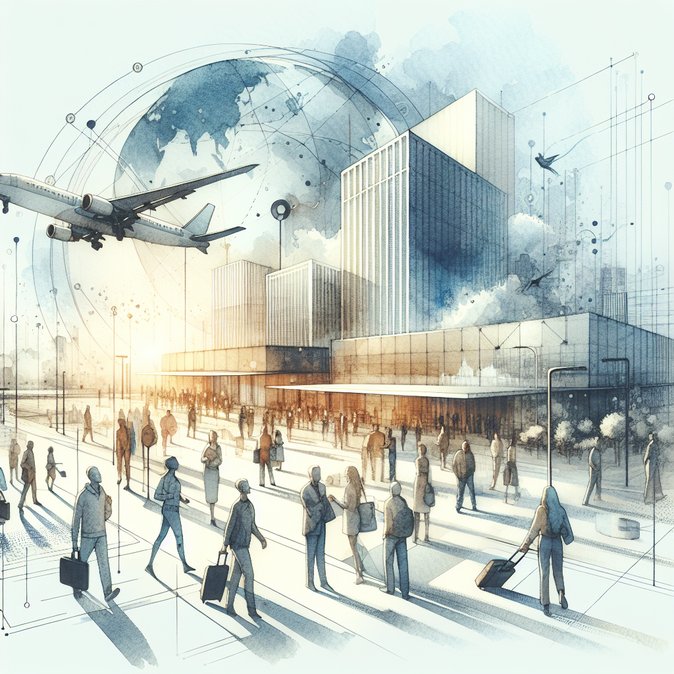
TAP Air Portugal, the carrier that already flies to more Brazilian cities than any other European airline, announced on 7 November 2025 that it will launch a thrice-weekly Lisbon–Curitiba–Rio de Janeiro triangular service from 2 July 2026. The 269-seat Airbus A330-200 rotation (operating Tuesdays, Thursdays and Saturdays) will make Curitiba TAP’s 14th destination in Brazil and its first nonstop link to the southern state of Paraná.
For global mobility managers the route closes a glaring gap in corporate networks. Curitiba hosts the Latin-American engineering centres of Volvo, Electrolux and Bosch, as well as the headquarters of cooperative agribusiness giant Coamo. Until now, staff assignments from Europe required connections through São Paulo, often forcing overnight layovers. TAP’s daylight westbound and overnight eastbound schedule aligns neatly with expatriate travel patterns, and interlines with Azul’s Paraná feeder network will further shrink door-to-door times for plant and project visits.
![TAP Air Portugal adds Curitiba, boosting Europe–Brazil connectivity]()
Paraná’s Governor Ratinho Junior hailed the flight as an economic catalyst, predicting an uptick in European investment and tourism receipts. Curitiba’s Afonso Pena Airport is currently undergoing a R$ 640 million expansion that will add an international pier and streamlined customs channel—a project partly justified by TAP’s commitment.
The announcement also underscores Portugal’s deepening ties with its former colony. TAP now offers more weekly seats to Brazil than to any other long-haul market, and its planned privatisation process explicitly cites “leadership on the Brazil corridor” as a value driver. Forward sales open on 11 November 2025; early indications suggest strong demand from Brazil-based multinationals routing executives to European headquarters via Lisbon’s convenient Schengen gateway.
From a practical standpoint, corporate travel teams should update approved-carrier lists and consider negotiated fares before the busy Southern-winter relocation season. Employers moving assignees to Curitiba can expect reduced travel costs and easier family visits once the route is live.
For global mobility managers the route closes a glaring gap in corporate networks. Curitiba hosts the Latin-American engineering centres of Volvo, Electrolux and Bosch, as well as the headquarters of cooperative agribusiness giant Coamo. Until now, staff assignments from Europe required connections through São Paulo, often forcing overnight layovers. TAP’s daylight westbound and overnight eastbound schedule aligns neatly with expatriate travel patterns, and interlines with Azul’s Paraná feeder network will further shrink door-to-door times for plant and project visits.

Paraná’s Governor Ratinho Junior hailed the flight as an economic catalyst, predicting an uptick in European investment and tourism receipts. Curitiba’s Afonso Pena Airport is currently undergoing a R$ 640 million expansion that will add an international pier and streamlined customs channel—a project partly justified by TAP’s commitment.
The announcement also underscores Portugal’s deepening ties with its former colony. TAP now offers more weekly seats to Brazil than to any other long-haul market, and its planned privatisation process explicitly cites “leadership on the Brazil corridor” as a value driver. Forward sales open on 11 November 2025; early indications suggest strong demand from Brazil-based multinationals routing executives to European headquarters via Lisbon’s convenient Schengen gateway.
From a practical standpoint, corporate travel teams should update approved-carrier lists and consider negotiated fares before the busy Southern-winter relocation season. Employers moving assignees to Curitiba can expect reduced travel costs and easier family visits once the route is live.









